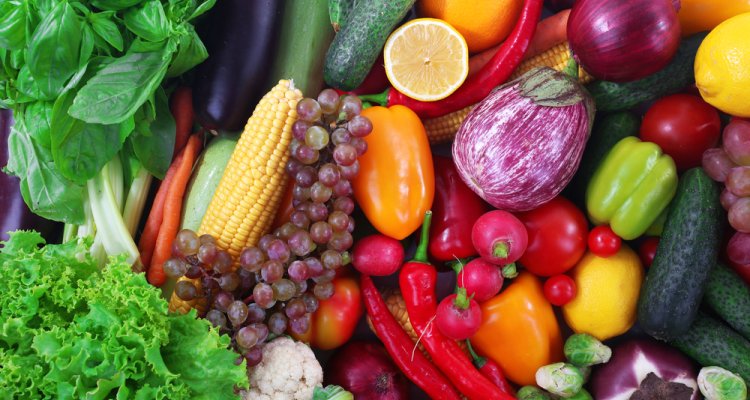
Project
Complex fibres, gut microbiota and metabolic syndrome
Understanding how complex fibres, as we consume them in our daily diet, affect the microorganisms in our gut and how the fibre breakdown products influence our metabolism.
Background
The rise in chronic diseases, such as diabetes and obesity, has enormously increased the interest in the interplay between nutrition and health maintenance. One of the major players for maintaining a healthy body are fibres, i.e. complex polysaccharides that we consume daily in the form of vegetables and fruits. Fibres in those food products are, in fact, a mix of various fibre types, complexly intertwined into plant cell walls and other encapsulated fibres.
Fibres do not deliver directly energy to our body (as fat, proteins and more simple carbohydrates would do), but feed the microorganisms in our gut, commonly termed gut microbiota. Fibres have been found to beneficially influence the composition of the gut microbiota, and the resulting microbial fibre breakdown products (fermentation products) are believed to affect our metabolism in various ways. Yet. everybody’s microbiota composition is highly individual (microbiota signature) and, hence, every person responds to a fibre intervention in a different way.
Aim
While it is generally accepted that fibres and microbiota beneficially affect the human body, the mechanisms by which these effects are exerted are still not fully understood. For this reason, we want to investigate the following two aspects:
- The effect of the complex structure of dietary fibre – as found naturally in, for example, vegetables - on digestion in the colon; and
- The individual subject-specific microbiota response to a natural fibre intervention.
The project
For this purpose, we will use in vivo human intervention trials, as well as in vitro fermentation models. Studying digestive processes in the colon and modulation of metabolic parameters in the light of the above-mentioned two aspects, will help elucidating the “if, how and why” natural and complex fibres and microbiota are beneficial to us.
Contact
Would you like to contribute to this research? Please contact Marie-Luise Puhlmann (marie-luise.puhlmann@wur.nl).